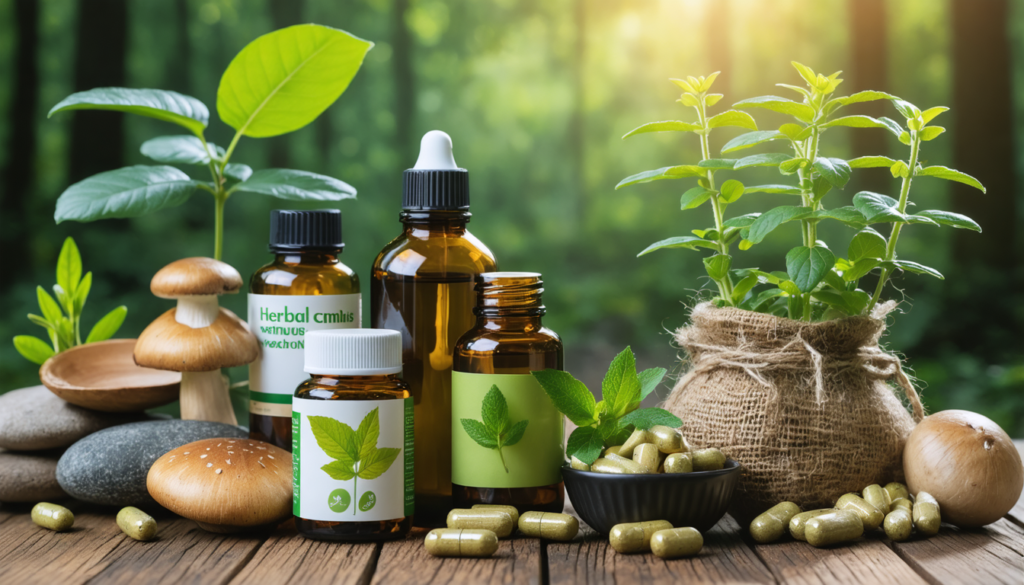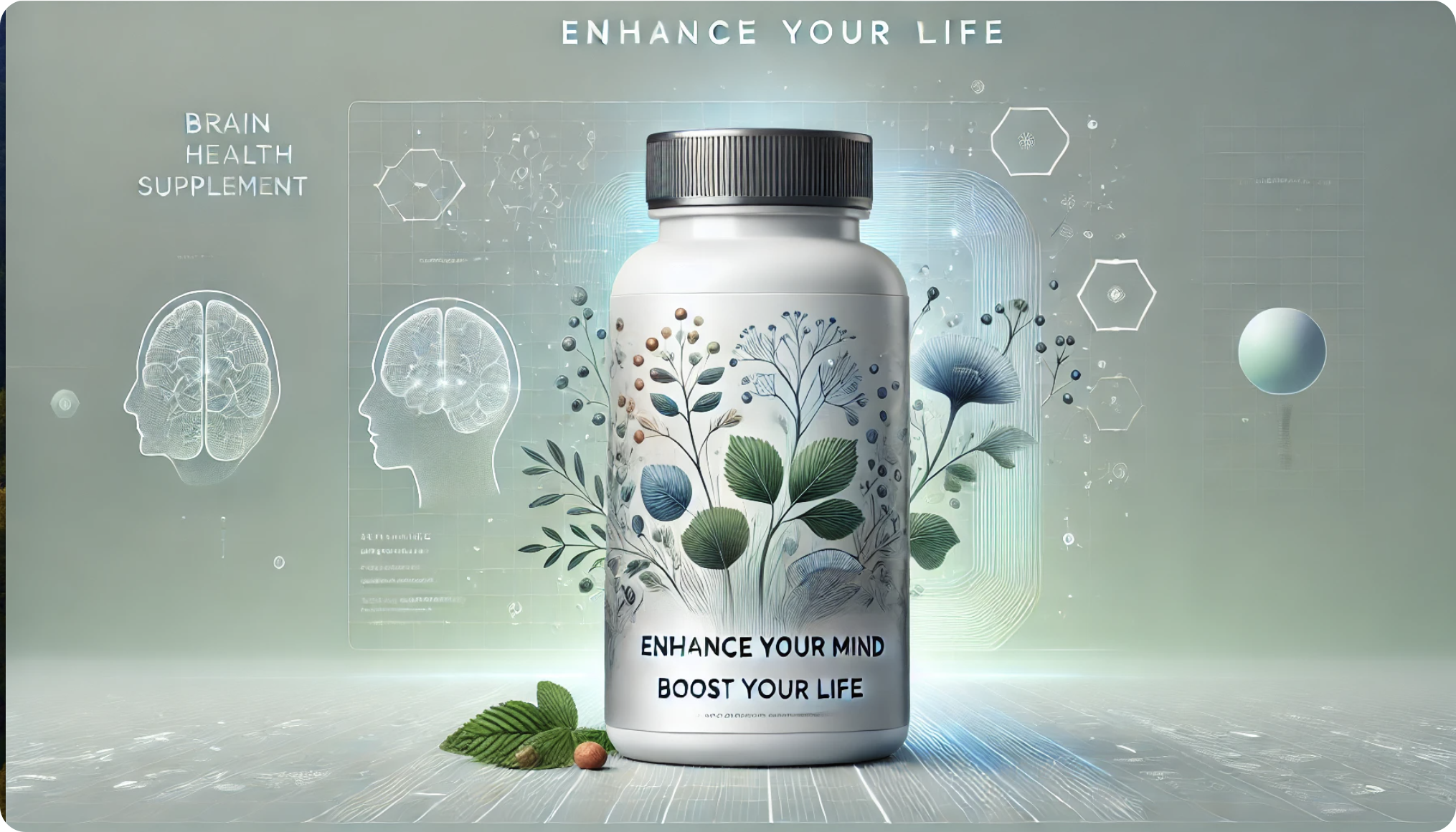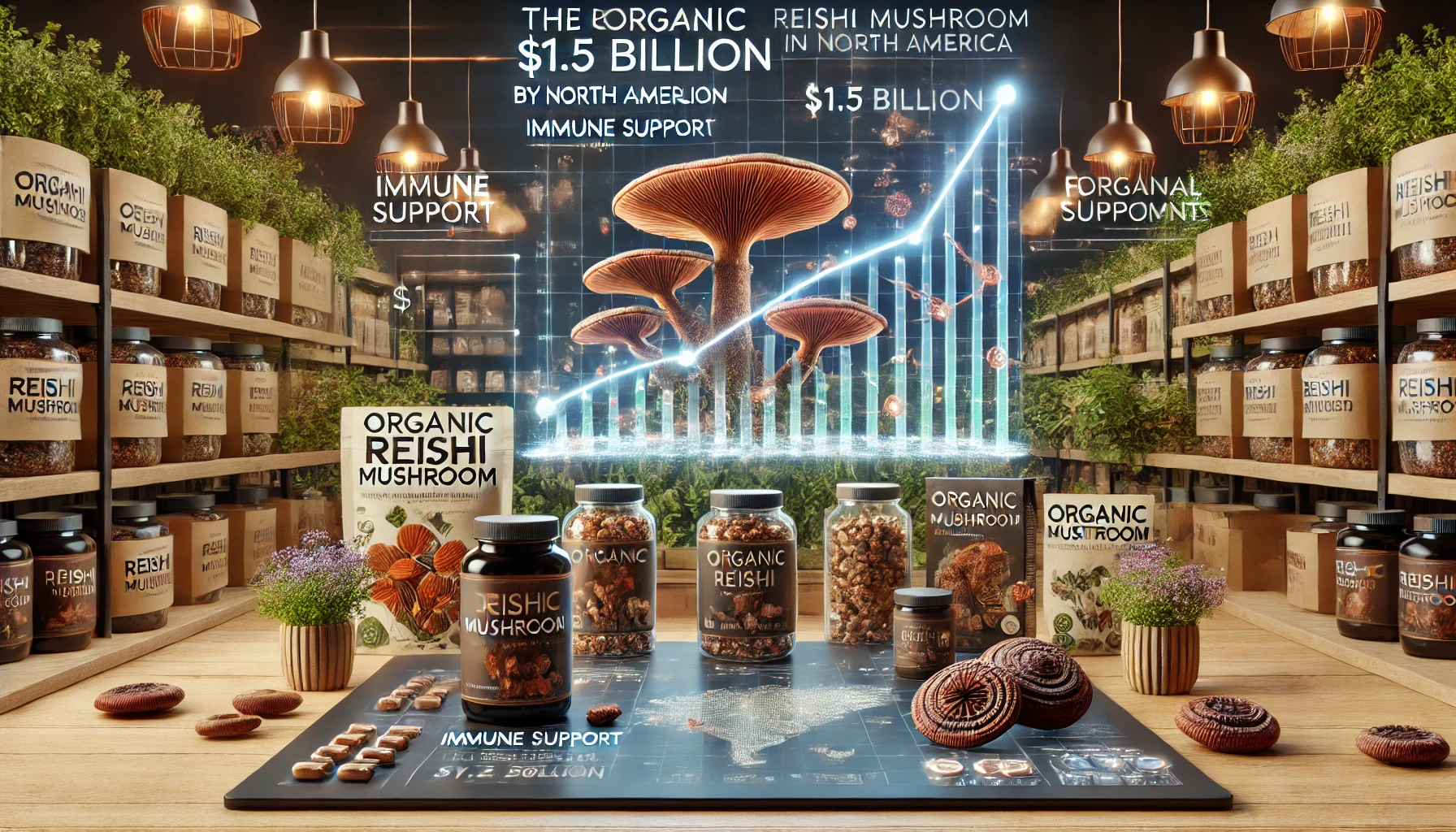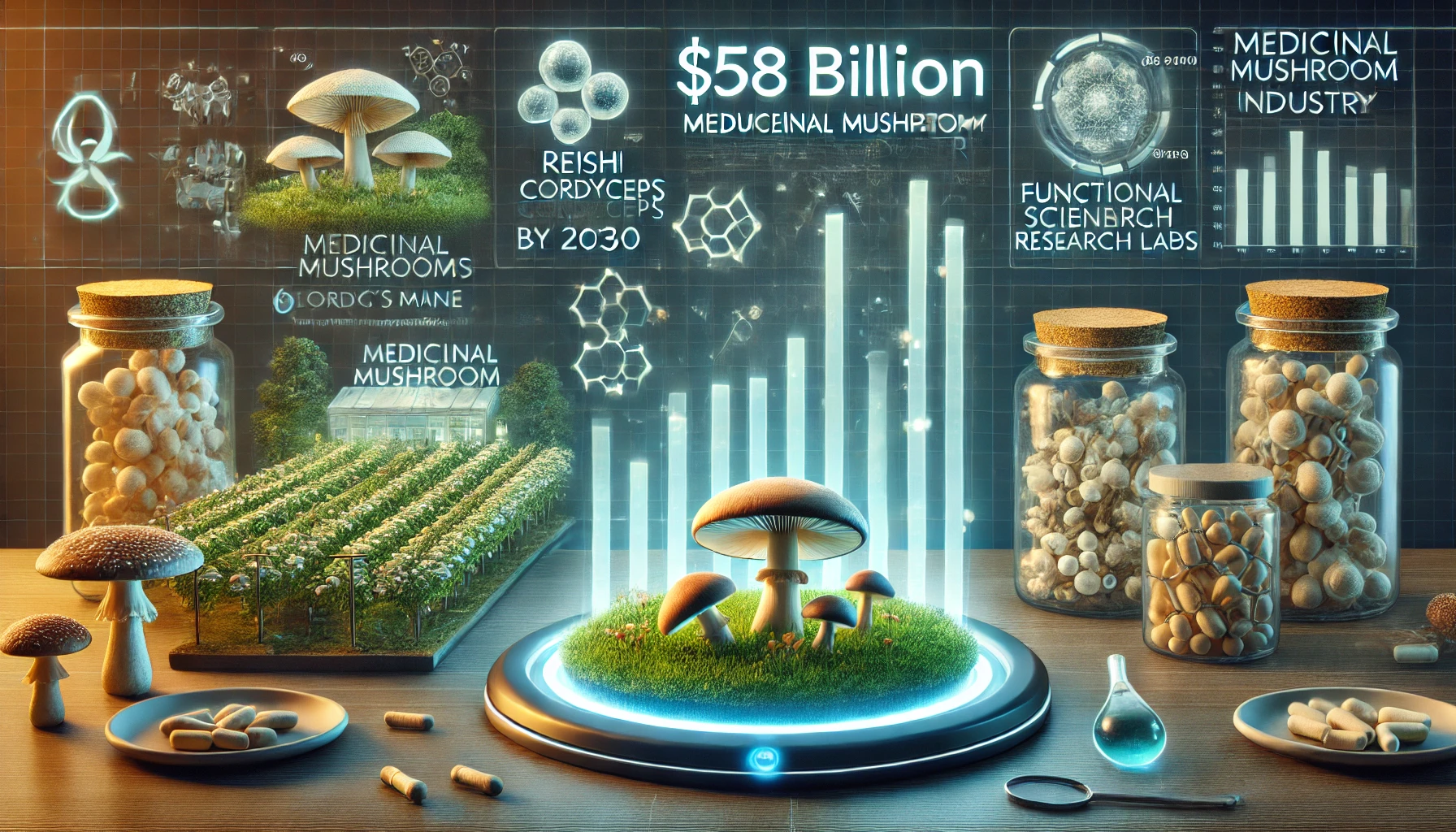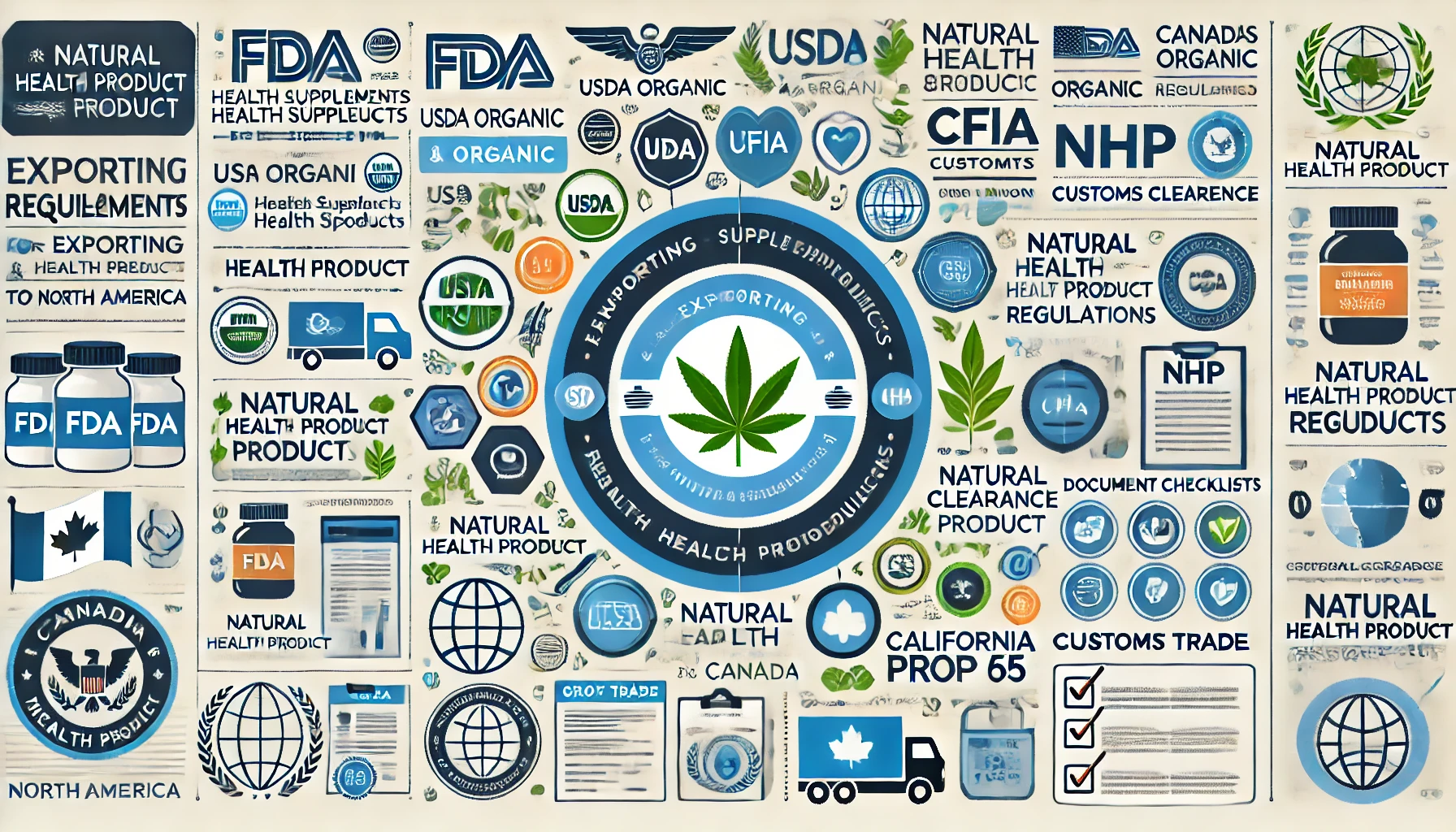Medicinal mushrooms have been revered for their health benefits for centuries. Modern science is now uncovering their powerful anti-cancer properties, particularly through bioactive polysaccharides like β-glucans, heteropolysaccharides, and proteoglycans. These compounds enhance immune responses, inhibit tumor growth, and protect against oxidative stress. In this article, we delve into the therapeutic roles of these mushrooms in combating cancer.
Polysaccharides in medicinal mushrooms, including β-glucans and other heteropolysaccharides, demonstrate potent anti-cancer properties. They modulate the immune system, induce apoptosis in cancer cells, and inhibit tumor metastasis. Scientific studies validate their role in improving the effectiveness of chemotherapy while protecting healthy cells. Learn how these natural compounds are reshaping cancer treatment.
Let's explore the unique contributions of medicinal mushrooms and their polysaccharides to cancer therapy.
The Power of Polysaccharides in Cancer Treatment
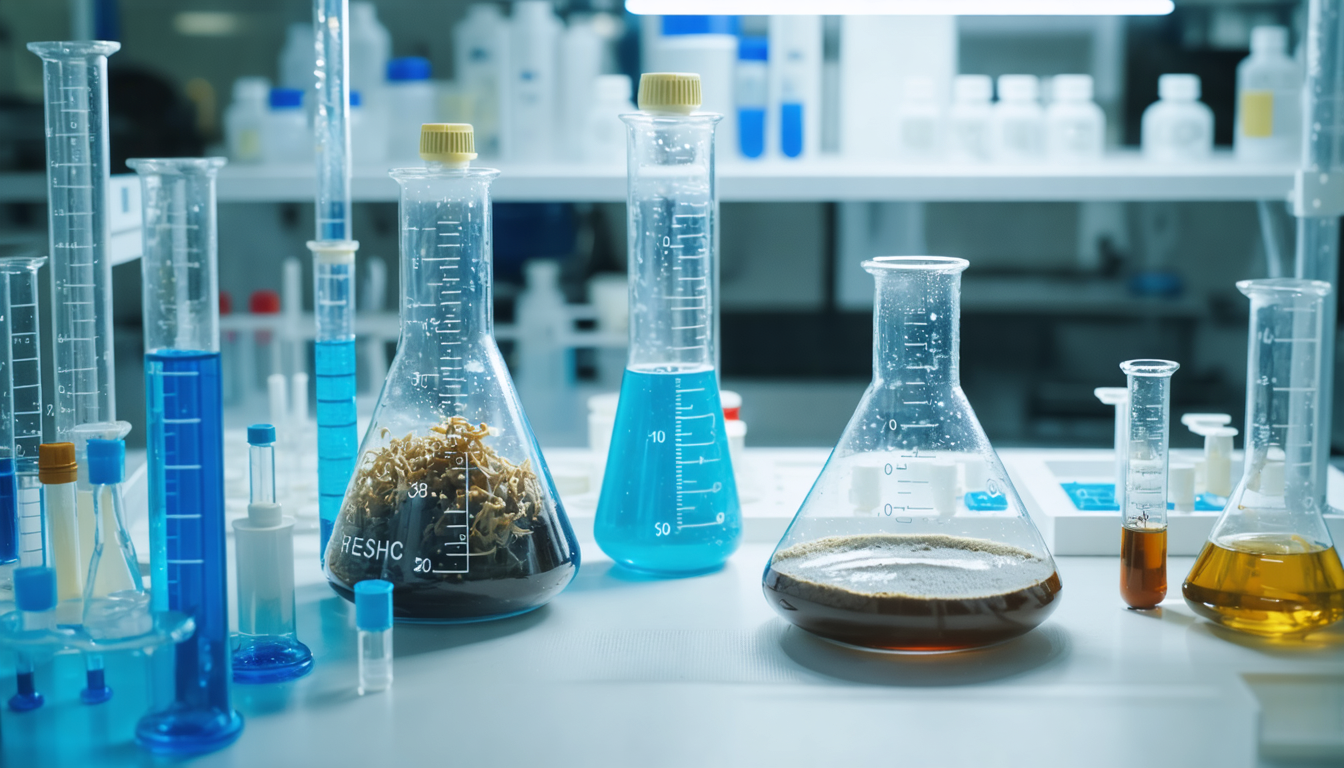
How Polysaccharides Work
Polysaccharides in medicinal mushrooms enhance the body’s natural defenses through:
- Immune Modulation: Activating T-cells, macrophages, and natural killer (NK) cells.
- Apoptosis Induction: Promoting programmed cell death in cancer cells.
- Anti-Angiogenesis: Preventing the formation of blood vessels that supply tumors.
- Reducing Oxidative Stress: Protecting DNA from damage caused by free radicals.
Types of Polysaccharides
| Polysaccharide | Mushroom Source | Function | Health Benefit |
|---|---|---|---|
| β-glucans | Reishi, Maitake | Immune modulation, apoptosis induction | Enhances immune response, reduces tumors |
| Heteropolysaccharides | Turkey Tail | Anti-metastasis, anti-inflammatory | Prevents cancer spread |
| Proteoglycans | Shiitake | Inhibits tumor growth, boosts immunity | Improves chemotherapy efficacy |
Reishi: The Mushroom of Immortality
Reishi's Role in Cancer Treatment
Reishi (Ganoderma lucidum) contains β-glucans and ganoderic acids, which have demonstrated anti-cancer effects. These compounds inhibit tumor proliferation and enhance immune surveillance.

Reishi polysaccharides activate NK cells and macrophages, increasing their ability to attack tumor cells. Ganoderic acids reduce angiogenesis, starving tumors of blood supply. A study published in Cancer Letters found that Reishi extracts reduced tumor size and improved survival rates in liver cancer models.
Supporting Study
- Title: "Ganoderma lucidum polysaccharides in cancer therapy"
- Journal: Cancer Letters
- Link: Read the study
Turkey Tail: Harnessing PSP and PSK
Why Turkey Tail is Effective
Turkey Tail (Trametes versicolor) is rich in polysaccharopeptides (PSP) (https://www.healthline.com/nutrition/turkey-tail-mushroom)[^1] and polysaccharide K (PSK)(https://www.ncbi.nlm.nih.gov/books/NBK424937/)[^2], which modulate immune responses and complement cancer treatments.
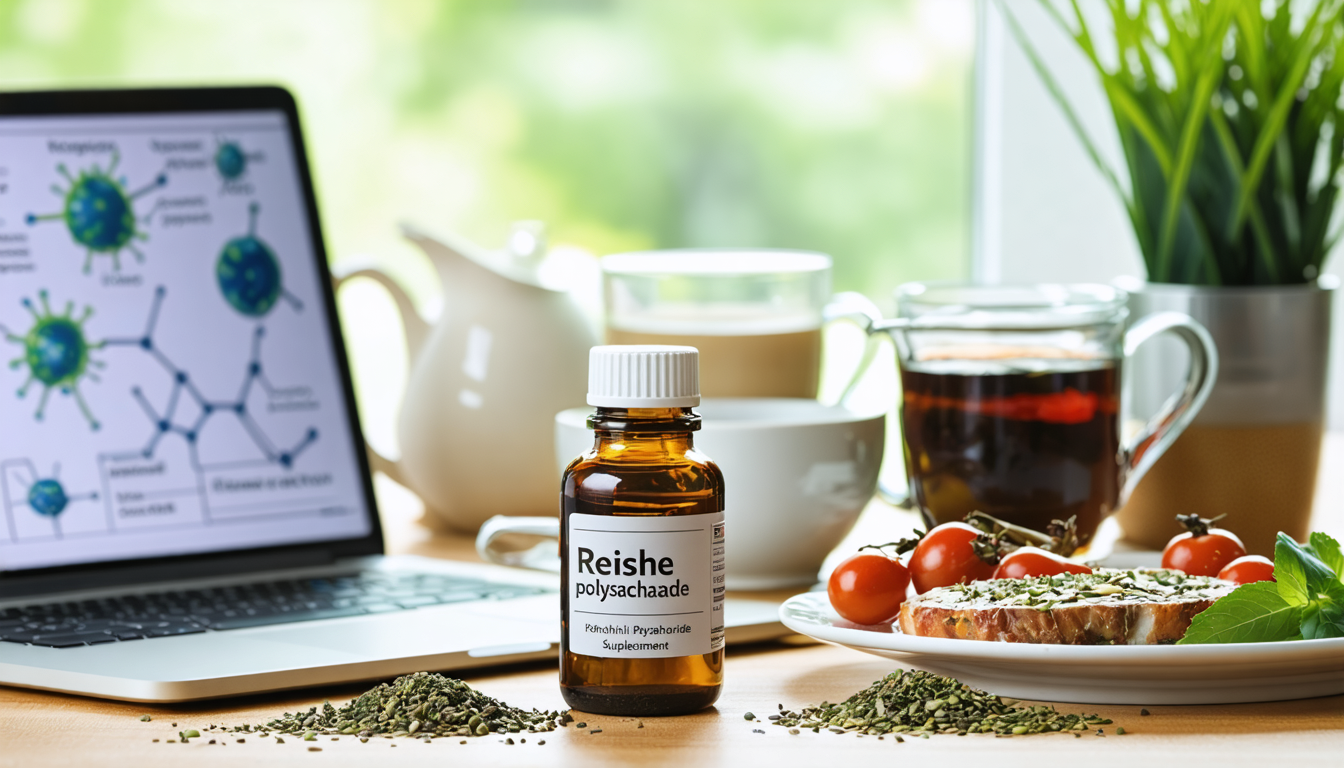
PSP enhances the production of cytokines, while PSK boosts NK cell activity. Clinical trials have shown that patients undergoing chemotherapy for colorectal cancer experienced improved survival rates when supplemented with PSK.
Supporting Study
- Title: "PSK and PSP in cancer therapy"
- Journal: Journal of Clinical Oncology
- Link: Read the study
Cordyceps: Aiding Recovery and Combating Cancer
Cordyceps and Polysaccharides
Cordyceps (Cordyceps militaris) contains cordycepin and unique polysaccharides that inhibit cancer cell growth and reduce chemotherapy side effects.
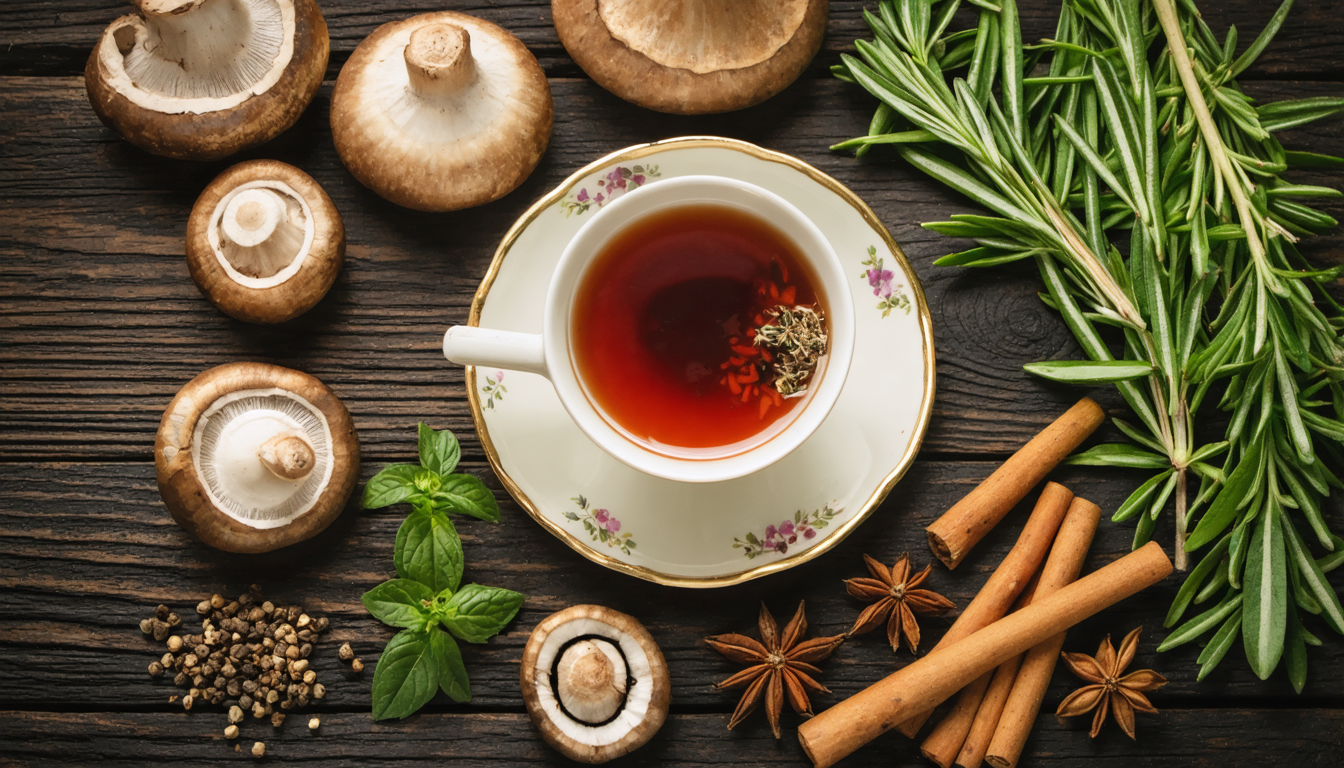
Cordycepin disrupts RNA synthesis in cancer cells, inducing apoptosis. Polysaccharides in Cordyceps boost ATP production, aiding recovery from chemotherapy. According to Cancer Science, Cordyceps extracts demonstrated tumor suppression in lung cancer models.
Supporting Study
- Title: "Anti-cancer properties of Cordyceps polysaccharides"
- Journal: Cancer Science
- Link: Read the study
Chaga: Antioxidants and Anti-Cancer Effects
Chaga's Contributions
Chaga (Inonotus obliquus) contains betulinic acid and polysaccharides that combat oxidative stress and promote cancer cell apoptosis.
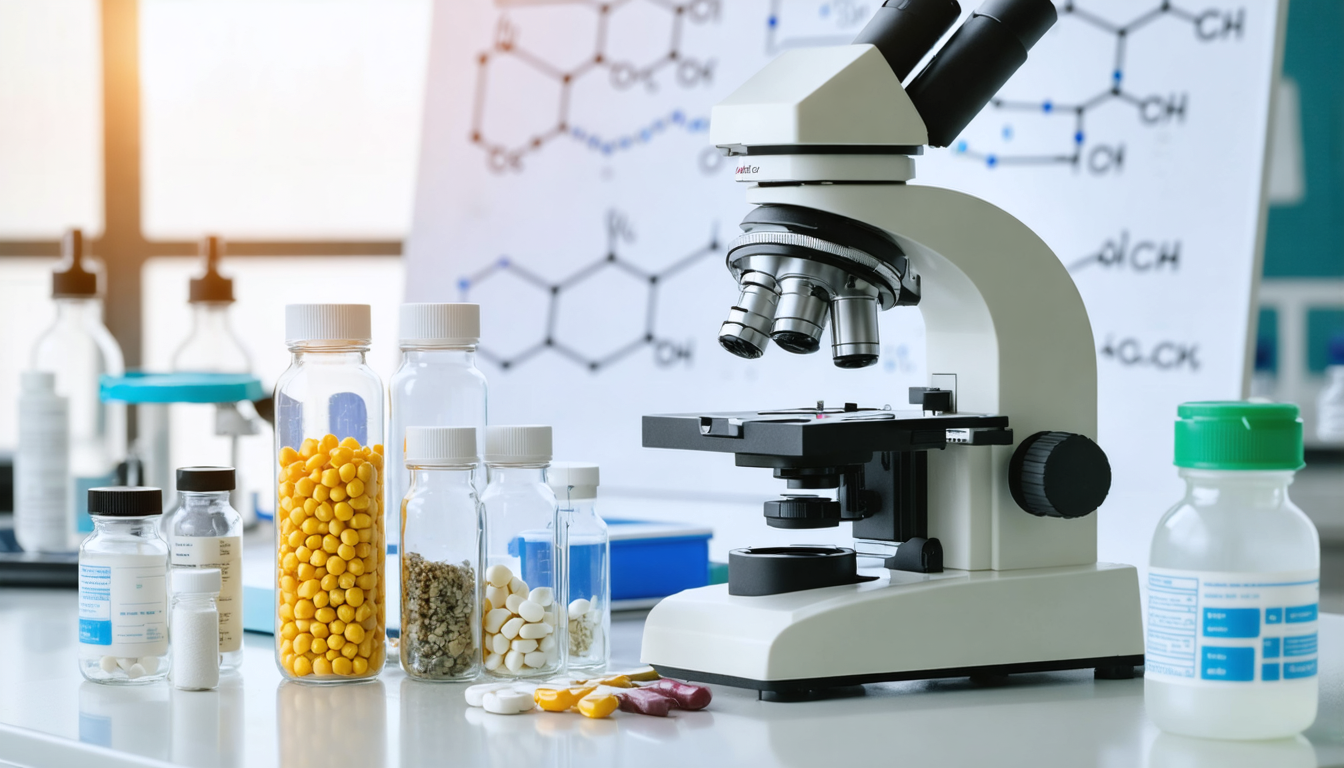
Betulinic acid targets tumor cells selectively, while Chaga polysaccharides protect healthy cells. Studies published in Phytotherapy Research have shown Chaga’s effectiveness in melanoma and gastrointestinal cancers.
Supporting Study
- Title: "Betulinic acid and polysaccharides in cancer therapy"
- Journal: Phytotherapy Research
- Link: Read the study
Conclusion
Medicinal mushrooms like Reishi, Turkey Tail, Cordyceps, and Chaga are powerful allies in the fight against cancer. Their polysaccharides, including β-glucans, heteropolysaccharides, and proteoglycans, offer a multi-faceted approach to enhancing immunity, reducing tumor growth, and improving overall health. Supported by ancient wisdom and modern science, these mushrooms provide hope in the realm of cancer therapy.
References
- Cancer Letters – Reishi's polysaccharides in therapy
- Journal of Clinical Oncology – Turkey Tail PSP and PSK
- Cancer Science – Cordyceps polysaccharides and apoptosis
- Phytotherapy Research – Chaga and antioxidant effects

